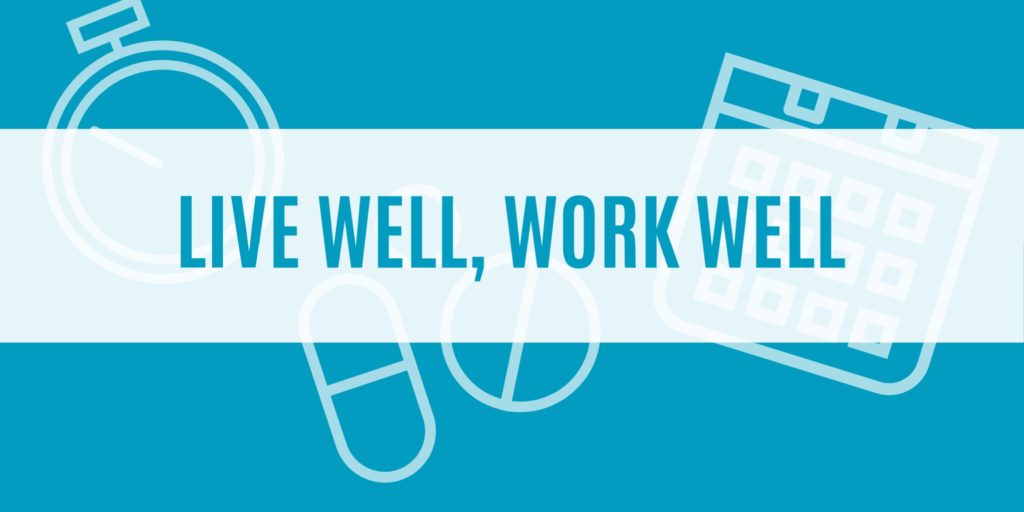 Since the onset of the COVID-19 pandemic, public health officials have cautioned the public about the potential negative mental health effects caused by these uncertain times.
Since the onset of the COVID-19 pandemic, public health officials have cautioned the public about the potential negative mental health effects caused by these uncertain times.
Even though staying at home, self-quarantining or isolating when necessary, and social distancing are necessary for preventing the spread of COVID-19, these actions can increase mental health stress and conditions. Other pandemic-related stressors, such as financial strain, job loss and caregiving responsibilities, can also lead to poor mental health.
For those with substance abuse disorders or mental health conditions, these uncertain times can exacerbate a condition or cause a relapse.
Staggering Statistics
As the pandemic continues, worrying statistics about the pandemic’s effects on substance abuse and mental health are emerging:
- According to the Centers for Disease Control and Prevention, 40% of U.S. adults reported struggling with mental health or substance abuse during late June 2020.
- Millennium Health, a national lab service, analyzed 500,000 urine drug tests from mid- March through May of this year and found:
- A 32% increase in tests for nonprescribed fentanyl
- A 20% increase in tests for methamphetamine
- A 10% increase in tests for cocaine
- Nielsen found that alcohol sales have grown by 27% since March 7, 2020.
- The University of Baltimore’s national tracking system saw an 18% increase in suspected drug overdoses from mid-March through May of this year.
- The National Institute of Environmental Health Sciences reported a 1,000% increase in emotional distress reported to emergency hotlines during the pandemic.
- According to the American Medical Association, more than 35 states have reported increases in opioid-related deaths so far in 2020.
This data shows that people from all over the country are struggling to cope with these uncertain times. This means that, if you’re having a tough time, you’re not alone. The pandemic will likely continue for the foreseeable future, making it important to prioritize your mental health and the mental health of your loved ones.
You’re Not Alone, Reach Out for Help
If you have concerns about your mental health or a substance abuse disorder during these times, or are worried about a loved one, please contact your mental health professional or use SAMHSA’s National Helpline by calling 800-662-HELP (4357).
This article is for informational purposes only and is not intended as medical advice. For further information, please consult a medical professional. © 2020 Zywave, Inc. All rights reserved.

